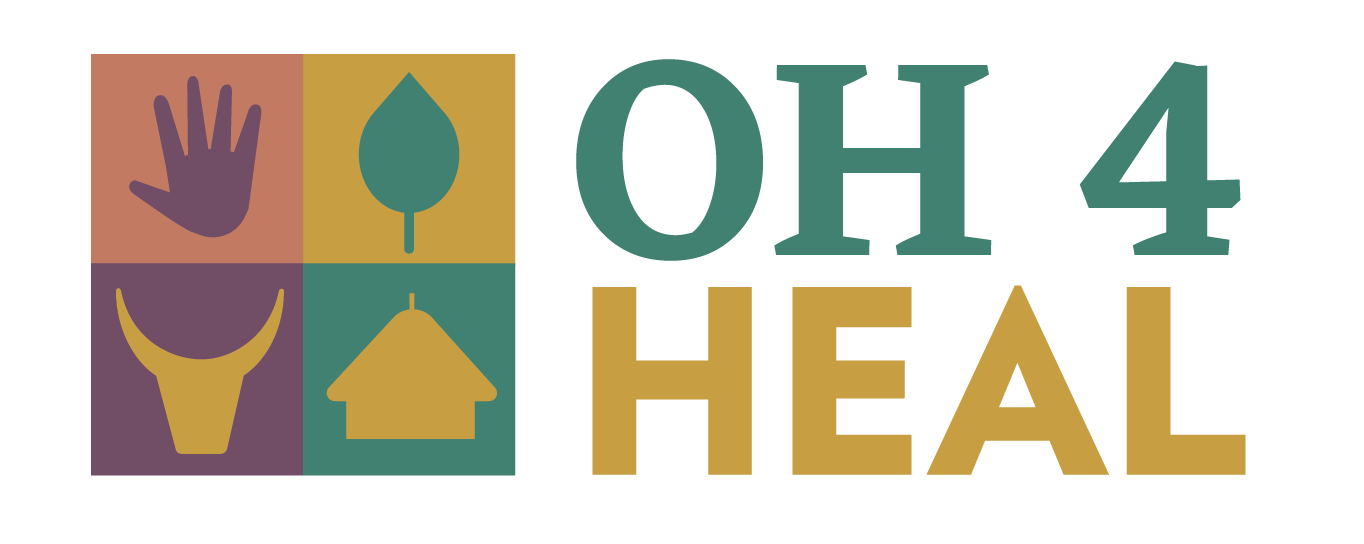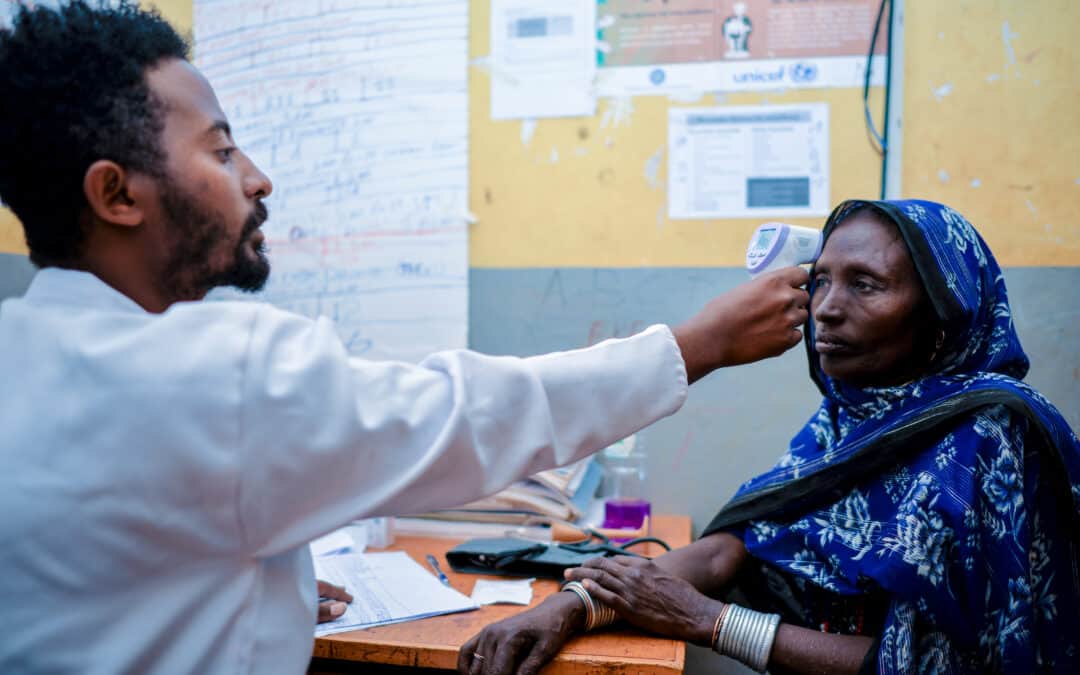Adi Bokore Halake, 60 and a mother of 11 in Chaliliche Kebele, a rural village in MiyuWoreda, Ethiopia, complains about her high blood pressure which she said “gets my head spinning and my body weakening every time it kicks in.” When she could, she paid Birr 600 for a return motor bike ride on a rough country road to get to Melbana Health Center, some 20 kilo meters far from where she lives, to receive treatment and refill her medicine. Sometimes, she had to stay in Melbana for days just to finish daily injections prescribed to her. As a woman with seven of her children living with her, she said “I kept worrying about them and my livestock while away.”
Recently, she received information that the health workers she sees in Melbana Health Center were actually coming to the health post in her village to provide health services to the pastoralist community there. “This was very good news,” Adi said, and it was good timing for her because she was about to make an expensive and uncomfortable trip to the distant health center as she was used to.
Adi instead received care and treatment at the health post in her village, a facility she previously found less helpful because the treatment and prescribed medicine for her hypertensive condition was unavailable. “Getting the services here in our village means a lot particularly for us, the women. Not only do we save money which we otherwise would have spent for transportation, but also time for us to do the household chores and look after our children.” Adi kept on explaining that the nearby access to health care means that when children feel sick, “they can receive treatment and get back to school without skipping many classes as they did when we had to take them all the way to Melbana Health Center.”
Adi highly hopes that the hustle of traveling long distances to obtain basic health services will soon be a thing of the past because she is informed that the outreach services provided to the community in her village through the HEAL program happen regularly, making it easy for her to obtain treatment and care to tend to her chronic health condition.
Through its One Health for Humans, Environment, Animals and Livelihoods program, VSF-Suisse in collaboration with Amref Health Africa and ILRI provides support in the form of training for health, veterinary and agriculture experts in Moyale and Miyo Woredas, medical supplies and logistics to provide integrated outreach health services through mobile health teams treating and vaccinating rural pastoralists and their livestock.


Interesting story!